Walking through the University of Oregon School of Music and Dance (SOMD), one might expect to hear jazz standards or classical pieces. But when the Fandangueros practice, “gritos” –– shouts or yells that typically convey emotion –– echo through the halls, accompanied by the strings and brass of mariachi music.
The Fandangueros are UO’s sole mariachi group. They began practicing together in fall 2022 and had their first performances the following spring. In their most recent performance at the Jordan Schnitzer Museum of Art’s 42nd annual Día de los Muertos celebration, the group performed with Sindy Gutiérrez and Paax K’aay Cuarteto de Cuerdas — artists from Guanajuato, Mexico.
The group, which was conceptualized in the basement of Hamilton Hall, “initially started by playing music from the contemporary fandangos from the Mexican state of Veracruz…but now has expanded to playing mariachi music,” according to their Engage website. Past their basement-jam days and now an ASUO-certified organization, the Fandangueros have more opportunities to perform and receive funding from the university.
Jason Villa, one of the co-founding members hailing from Southern California, says the SOMD teaches vital fundamentals but lacks opportunities to explore and focus on different types of music, pushing up-and-coming musicians into relatively narrow boxes.
“The reality is that most musicians — or most prospective musicians — would choose to pursue the type of music that they enjoy,” he says. “It’s here, it’s important, and it’s not getting the support it needs from the school.”
According to the UO’s Office of the Registrar, the SOMD has 477 (2.1%) enrolled students while the university’s total enrollment is 23,202 students, with 3,371 (14.5%) identifying as Hispanic. In comparison to census data, the city of Eugene is 10.4% Hispanic or Latino.
“The fact that I was able to find a friend that I could play my music with — it was the most exciting thing I could find in the music school,” Villa says. “Through doing this I have met so many, so many great people that are in the Latino community.”
Mariachi is a fundamental part of Mexican history and culture, officially recognized by UNESCO as an “Intangible Cultural Heritage” in 2011. Mariachi ensembles can include a range of instruments, varying widely between groups. Common contemporary mariachi instruments include the guitar; vihuela, a small five-string guitar; violin; guitarrón, an acoustic bass guitar; and trumpet, which made its appearance later in the history of mariachi. More traditional instruments include the harp and the guitarra de golpe, a five-string guitar similar to a vihuela. The Fandangueros feature almost all of these instruments.
The organization is made up of two groups. There are weekly meetings for both the performance group, composed of musicians and singers with some experience, and the “Patitos” group, featuring musicians or would-be musicians of any level who are eager to learn about and play the music. The Fandangueros plan to continue expanding, recruiting more musicians and playing at more events, according to members.


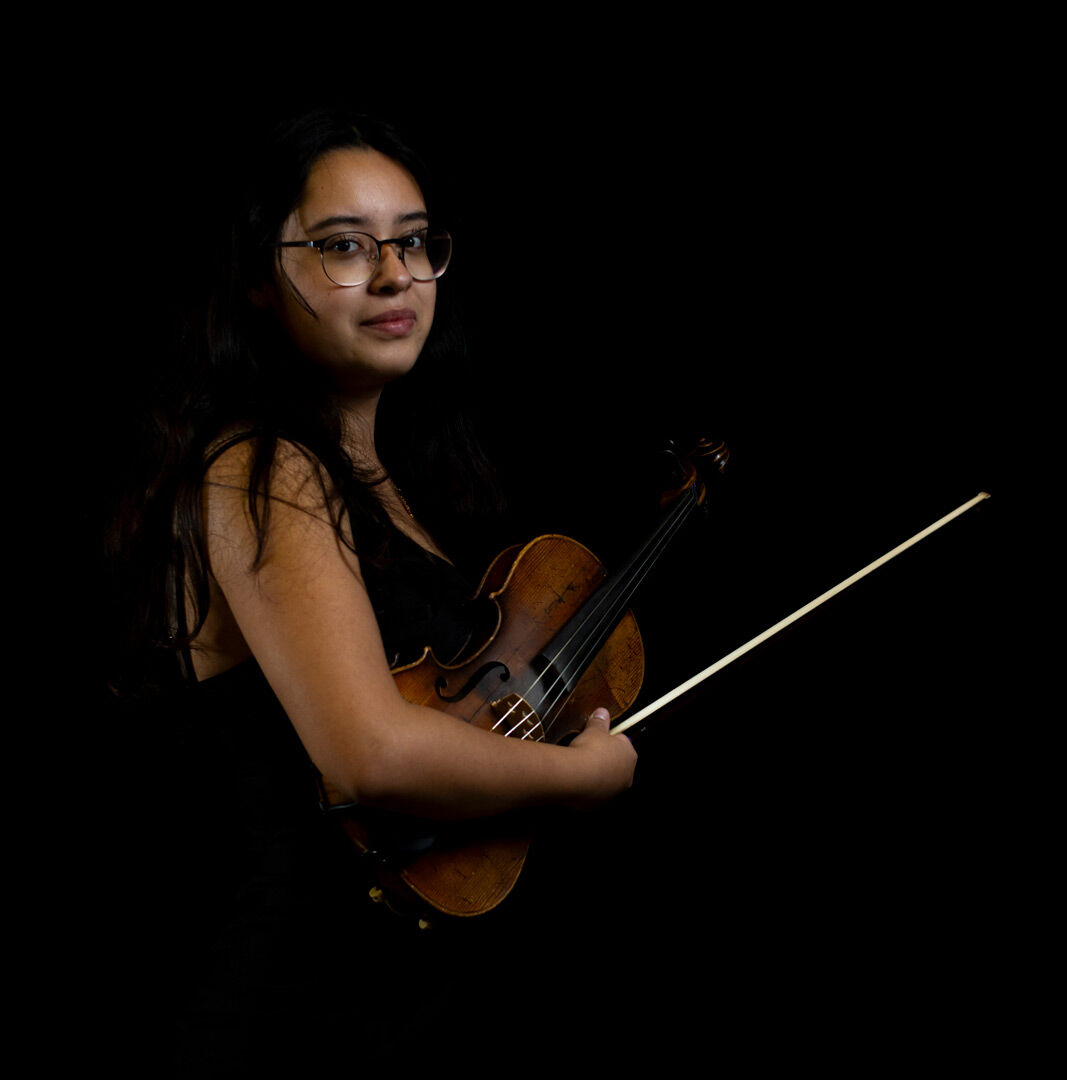
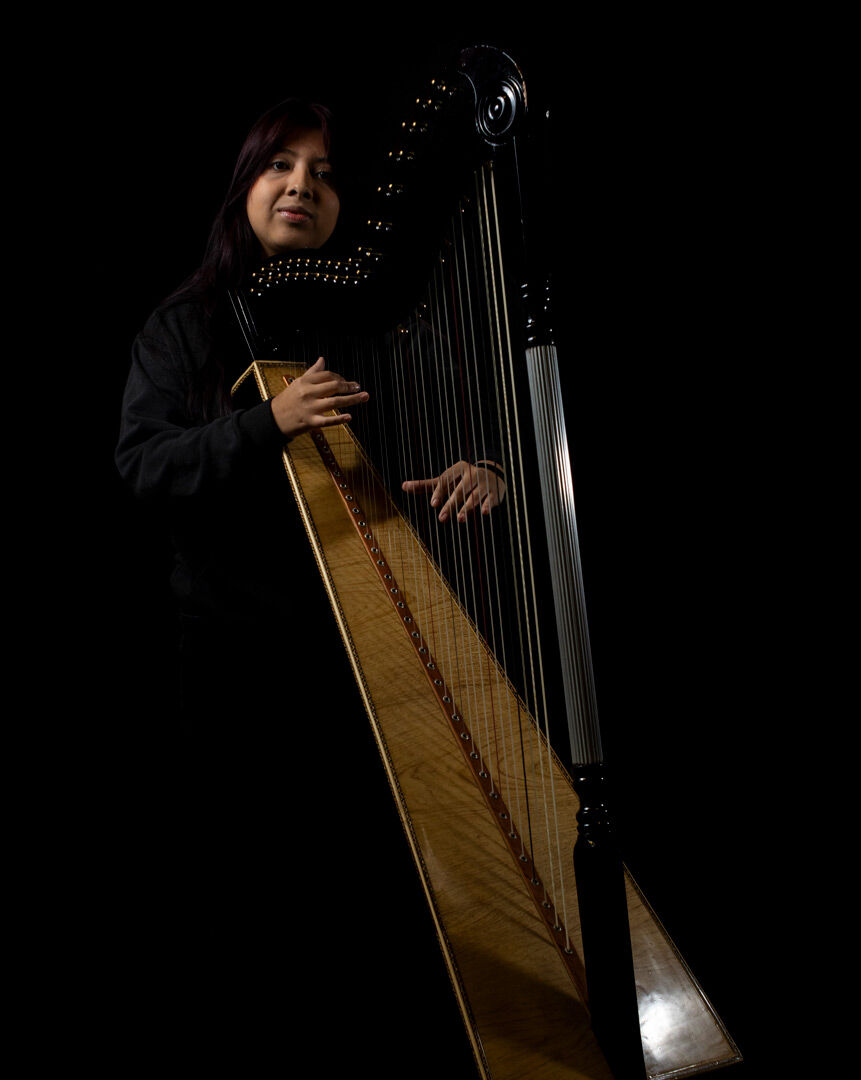


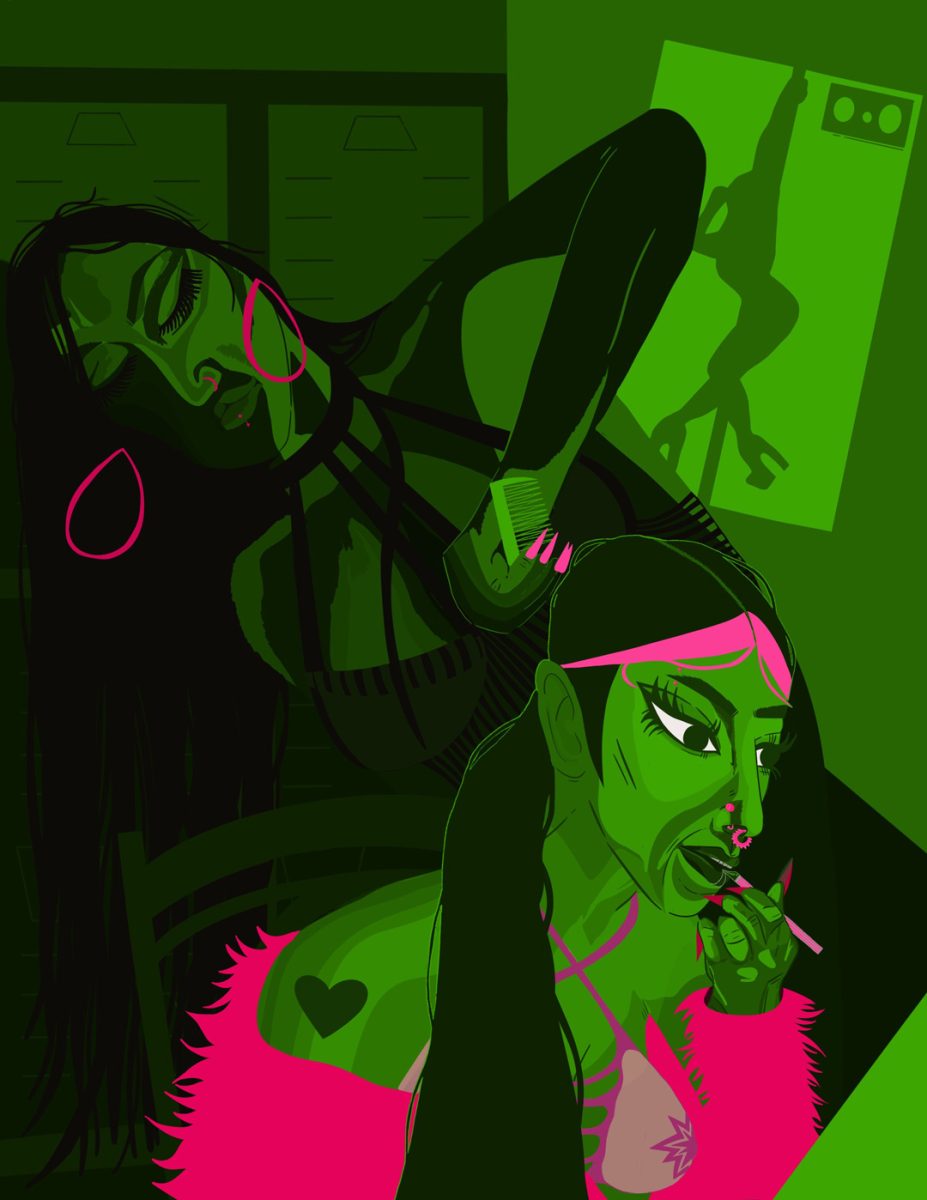



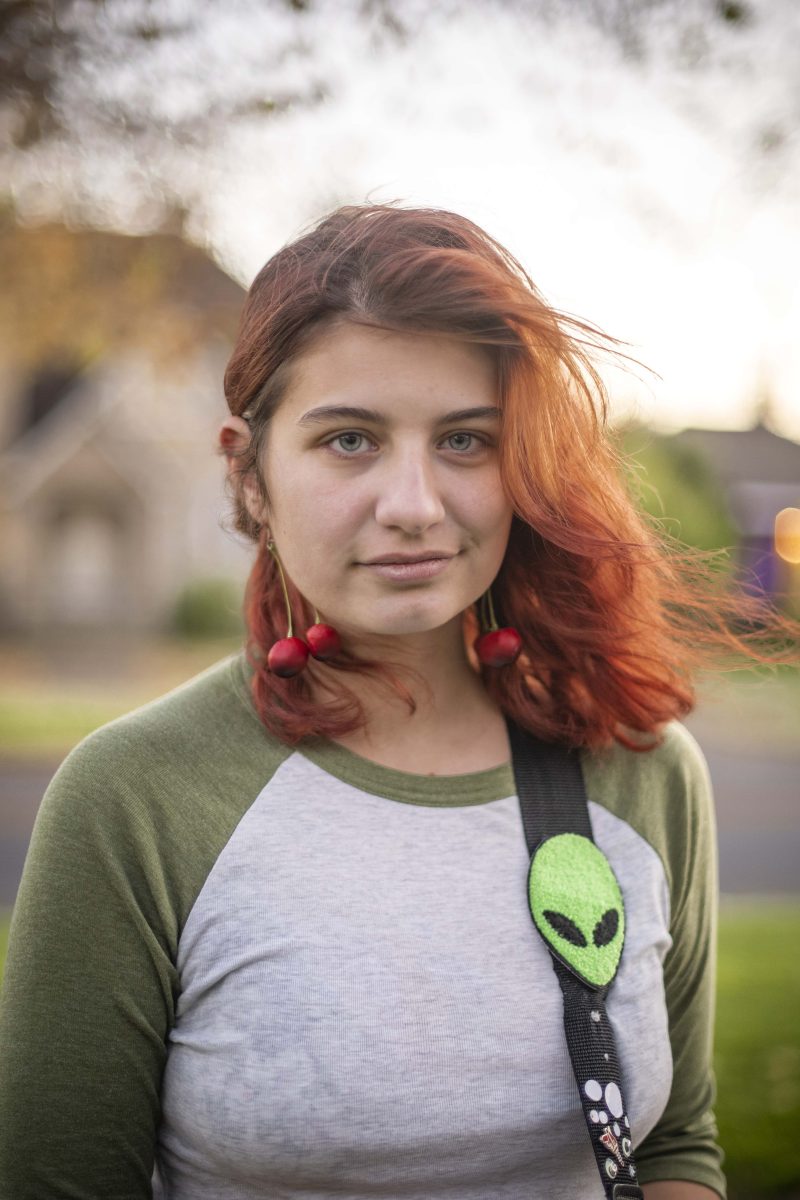
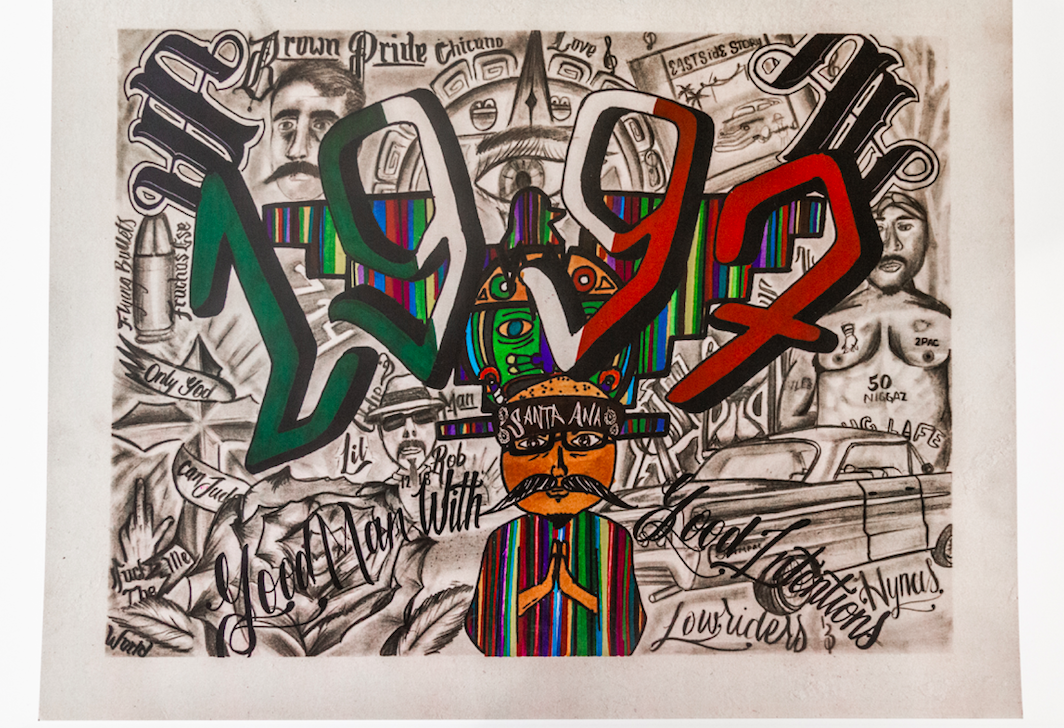
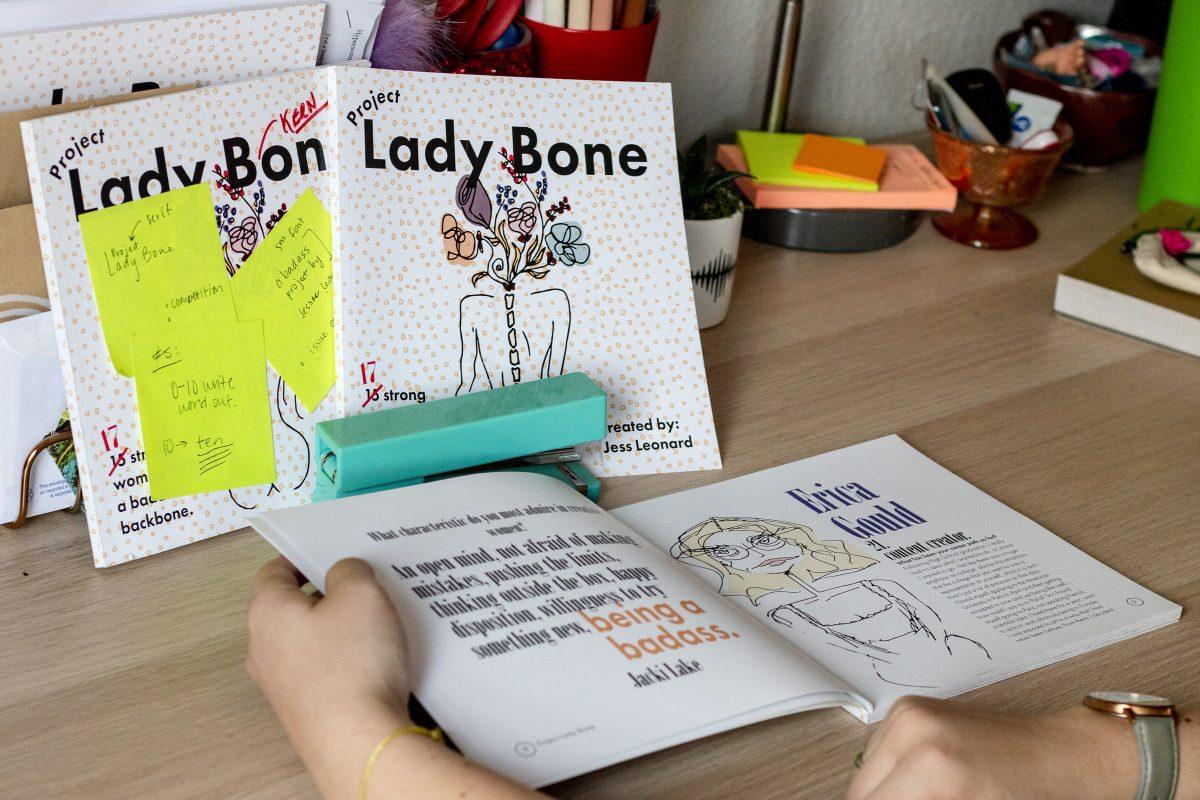



![[Photo Courtesy of the Lara Family]
Ruben embraces his beloved childhood goat, Katrina.](https://ethos.dailyemerald.com/wp-content/uploads/2025/05/katrina-1-1060x1200.jpg)


